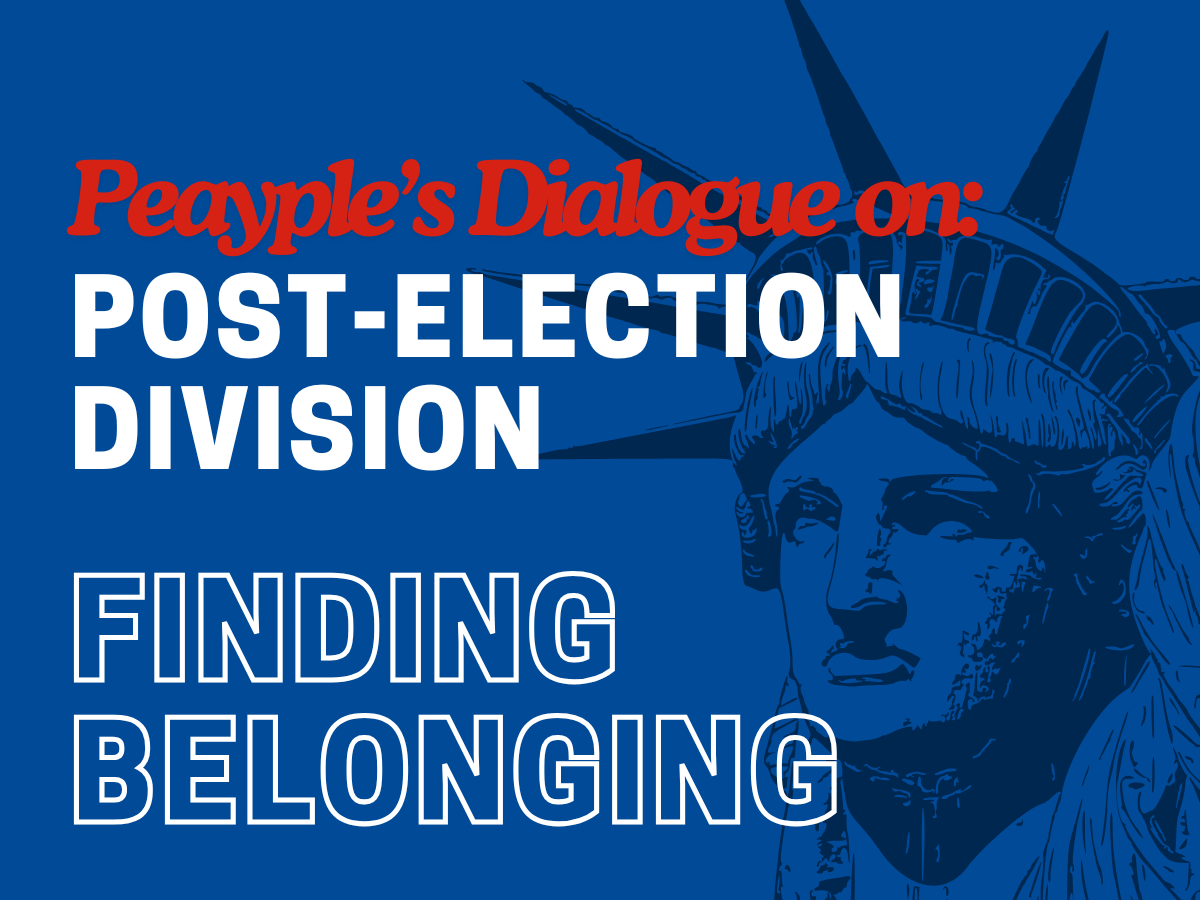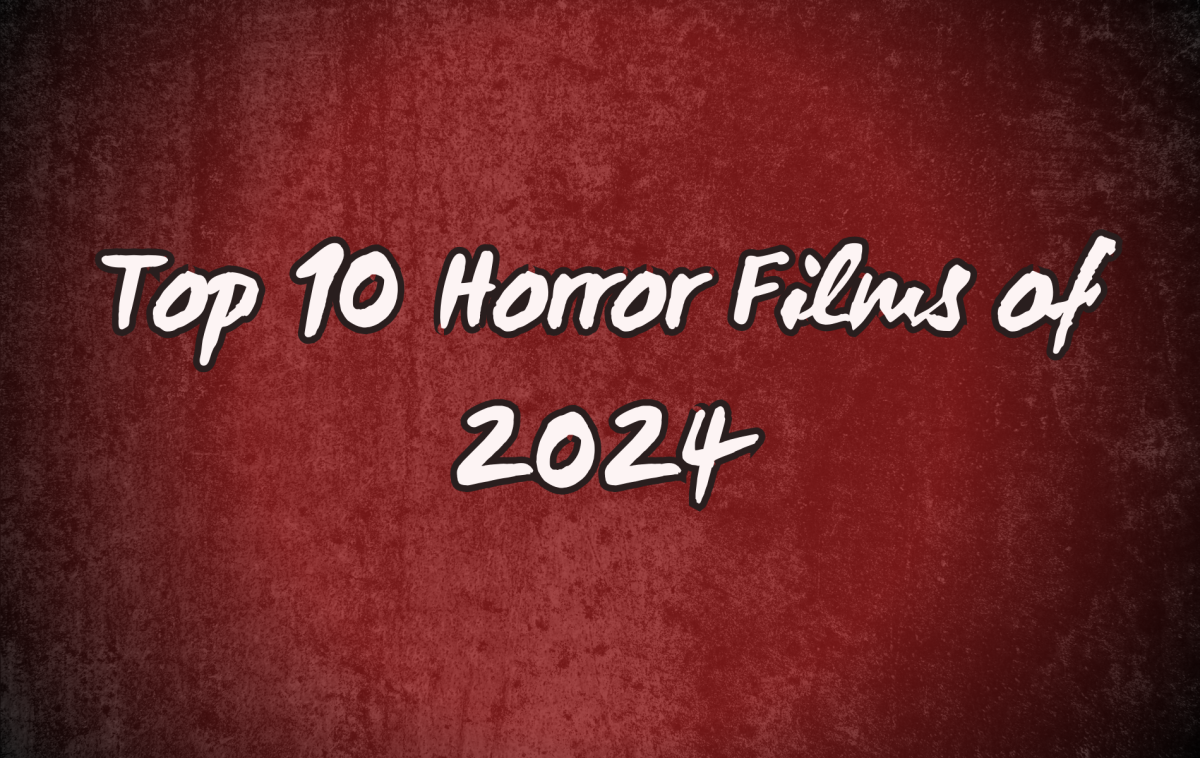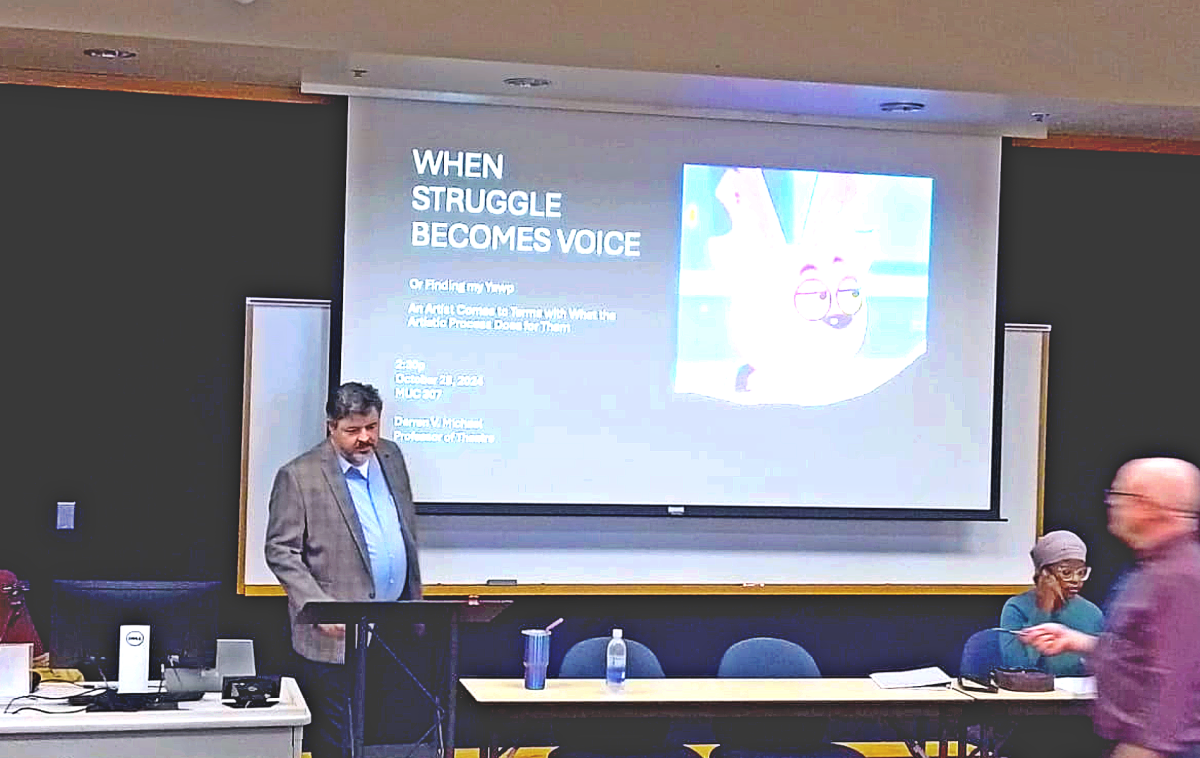The first half of “Glass” is phenomenal and plays just like one would expect and hope an action thriller of this nature would do. Perhaps that’s the problem with the movie: high expectations.
After the first half, the movie comes to a standstill, relying on the acting chops of the four leads to carry the movie. This dramatic shift causes the audience to wonder “what are we doing here?”
Since the movie fails to pick up and instead gets worse with a controversial ending, it seems director M. Night Shyamalan’s response is “I don’t know.”
“Glass” is the long-awaited sequel to “Unbreakable” that was released in 2000. It is also the definitive ending to the superhuman trilogy, coming after “Split” in 2016.
Mister Glass, David Dunn and Kevin Crumb (The Horde) are in a mental institution. The audience meets Ellie Staple, who collected the trio to treat them in the specific delusion of grandeur she specializes in: people that believe they are superheroes. Here, Glass and The Horde team up to escape, leaving Dunn outnumbered against them.
Nostalgia is the films’ best friend as often the better scenes are the very few in which Dunn and Glass share the screen. It’s been 19 years since audiences got to see them together. Moreover, this reminds the audience that “Glass” is a lot like “Unbreakable” as it is a character piece and does not play like the other superhero blockbusters audiences have been accustomed to.
There are two fight scenes in the film that matter, both are between Dunn and The Horde, and both have no clear winner as each time they are fighting the characters are interrupted. In doing this, Shyamalan is showing the audience that this movie is different.
There are many moments where Shyamalan’s script refers to comic books in a meta way, through Mister Glass.
For example, one moment towards the end of the movie where all the characters meet, Glass refers to the moment as the “final showdown” where the “collection of main characters” appear on the page at the same time.
The nostalgia, meta writing and character driven moments are the good things “Glass” has to offer.
Now, where there is good there is always bad. There are many moments where it seems like Shyamalan has no idea where to take these characters. The whole movie seems small in this sense. For the most part, everything takes place in the mental institution. This would be fine if the film had not dropped hints of a bigger battle about to take place where “many people are going to die.”
The payoff is anticlimactic as the characters never leave the grounds of the facility.
Shyamalan is infamous for his plot-twist endings, and “Glass” has one, but unfortunately what Shyamalan decides to do with it is terrible. Since there are no spoilers for this review let’s just say, Shyamalan’s “I don’t know” response to questions about the film’s purpose can be interpreted as “I don’t care.”
Ultimately, “Glass” is a good movie for those that have been waiting for a sequel since 2000, but for new viewers, it risks being boring or too long.







